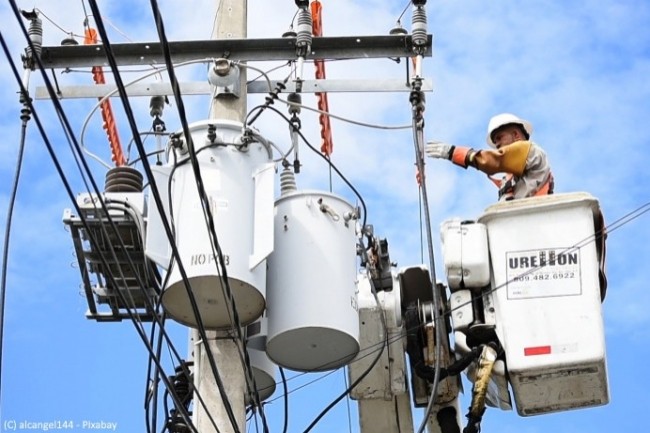Technology, a real asset for companies in field services

A recent study by the IFS editor was interested in the achievements of companies offering field services, showing the growing importance of technology in these sectors.
From industry to water or energy distribution, via telecom operators or building maintenance, companies whose activities involve a significant part of field services are facing rising costs, resource shortages and increasing labor issues. A study carried out by the publisher IFS testifies to the challenges faced by these organizations and sheds light on the strategies they are implementing to respond to them, technology increasingly appearing as the first lever to preserve competitiveness.
According to this survey, the first challenge raised by the respondents is the difficulty in complying with customer service level agreements (SLAs), cited by almost half (46%) of the 400 respondents. If the second challenge concerns the lack of qualified workers (mentioned by 40% of the respondents), the 3rd place is occupied by two issues related to technology, ex aequo: the adoption of new technologies / change support thus rubs shoulders with the presence of obsolete technologies (both at 37% overall). And these different issues are entangled: recruitment issues require new employees to be constantly reformed on the tools, while the use of aging solutions does not help to retain those in position.
Augmented reality and wearables
When asked about the levers of competitiveness, the respondents highlight technological superiority, cited by 29%, followed by customer experience (26%) and operational excellence (18%). In detail, two technologies in particular are at the top of the planned investments: more than 40% of respondents plan to invest in augmented/virtual or mixed reality to provide remote assistance (a rate that even climbs to 50% in France), as well as in wearables, connected devices that employees can wear (glasses, helmets, watches, gloves…).
As Ian Robinson, CIO of WaterNSW, an Australian water management and distribution operator, explains, quoted in the study: “The promise of virtual reality is important in this context, because it avoids the field worker from looking for information; the data are presented to him in the context of the work he is doing. “He continues with the example of a technician who looks at a pump through augmented reality glasses. “The glasses recognize which equipment it is and can intuitively present the associated information to him, which he sees directly instead of looking for it on an iPad”.
In other areas, investments have already taken place. Compared to a previous study, conducted in 2018, the implementation of artificial intelligence (AI) has more than doubled in 2022, from 22% to 46%. This is also the case for reverse logistics (the return of products or components from the customer to the supplier), which increases from 25% to 54%. This aspect is to be brought closer to the future priorities of companies, with sustainable development coming first. Finally, conversational agents also experienced a very strong increase, going from 11% to 44%.
about the study
For its “State of services 2023” study, the publisher IFS interviewed 400 decision-makers (CIOs and operations managers) in 24 countries at the end of 2022, including Western and Northern Europe (France, Switzerland, the United Kingdom, Germany, Denmark, Norway and Sweden). The main sectors represented are industry, business services, telecommunications, water and energy transport and distribution.








